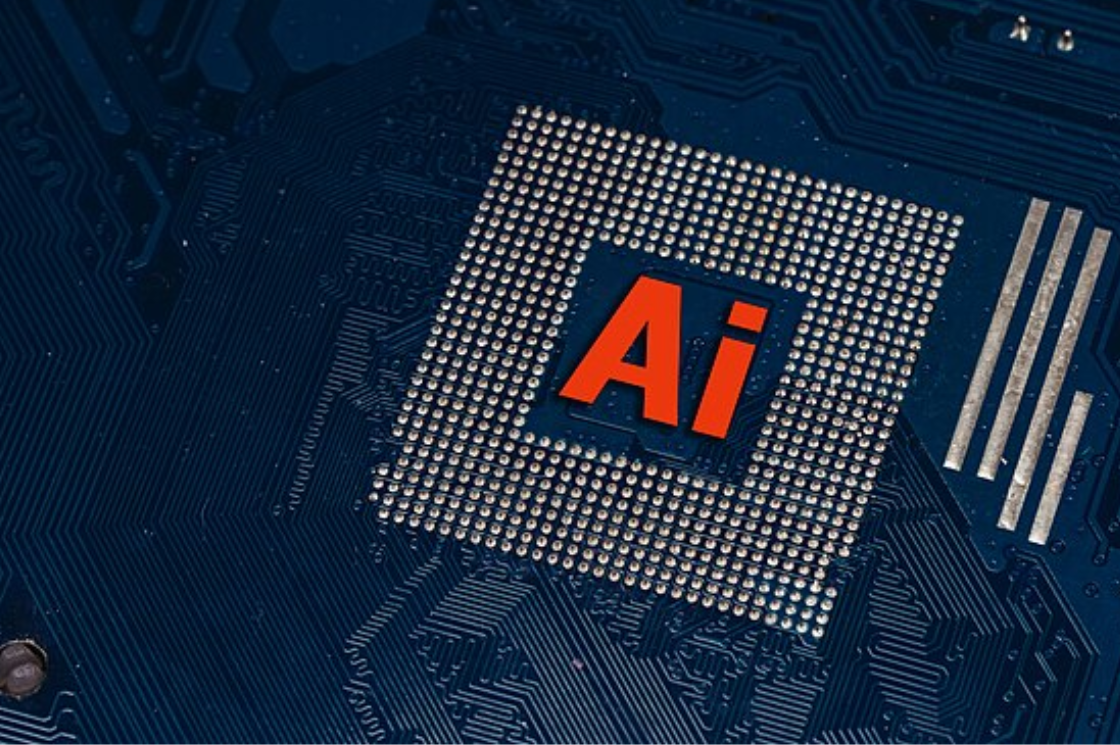
(Photo : WikiCommons)
Forecasts indicate that generative artificial intelligence (AI) could add between $359 billion and $438 billion to India's GDP by 2029-30, said Michael Debabrata Patra, Deputy Governor of Reserve Bank of India (RBI) on Wednesday. "India is uniquely positioned to unlock new growth avenues and optimise existing ones with its digital public infrastructure (DPI), a vibrant information technology (IT) sector and a burgeoning youth population, including one of the largest AI talent bases.
He said micro-level evidence from surveys of Indian banks shows that while all of them have implemented mobile and internet banking, 75 per cent offer online account opening, digital KYC, and digitally enabled doorstep banking.
Sectoral Impact and Opportunities
Generative AI revolution is reshaping India's economy, enhancing sectors like manufacturing, agriculture, healthcare, and education through technologies such as machine learning and AI-driven analytics. Companies are using AI to improve efficiency, diagnostics, crop management, and personalized learning.
Agriculture
In agriculture, generative AI uses advanced computer vision and deep learning techniques to analyze drone-captured and satellite-derived images, enabling crop health evaluations, yield forecasts, and disease identification.
Healthcare
AI is revolutionizing healthcare by enhancing diagnostics and patient management through natural language processing (NLP) and machine learning. For instance, Niramai, a health-tech enterprise, has introduced an AI-enhanced, non-invasive breast cancer screening technique utilizing thermography and computer vision.
Education
In education, AI employs adaptive learning technologies that adjust educational content based on learners' engagement and performance.
Sustainable Development
Furthermore, AI significantly contributes to sustainable development by enabling robust environmental monitoring through the analysis of satellite and sensor data. These algorithms provide insights into deforestation, urban expansion, and pollution, supporting informed policy decisions and public awareness initiatives. The data proves that GEN AI revolution is multidimensional and is contributing significantly to technological innovations.
Job Creation and Workforce Reskilling
AI and automation technologies will play a crucial role in shaping the job market, particularly in the creation of tech roles. By 2028, AI is expected to generate 2.73 million new tech-related positions, especially in fields like software development, data science, and cybersecurity. The data signifies the accelerating demand for digital skills across the Indian economy.
The sector that is poised for substantial job growth is retail. This sector is expected to require an additional 6.96 million workers by 2028 because of increased consumer spending and expansion in digital commerce. This surge presents retail professionals with a valuable opportunity to upskill in areas like Software Application Development and Data Engineering, equipping them for a tech-driven landscape. Another sector that is expected to see substantial growth in jobs is manufacturing, with 1.5 million new jobs anticipated.
Within the technology sector the demand for software developers will increase. Specialised tech roles are also expected to see substantial growth.
Insights
Sumeet Mathur, Senior Vice President and Managing Director emphasized the pivotal role of AI in driving this transformation.
"AI will be a key catalyst for job creation across India's growth engines, particularly in roles requiring advanced technical skills. This strategic emphasis will not only create more high-value opportunities for professionals but will also empower them to build enduring digital careers. Through initiatives like 'RiseUp with ServiceNow' and strategic partnerships with local universities and government programs, we are bridging the skills gap and empowering India's workforce with the tools to succeed. By equipping our talent with these essential skills, we can ensure that India remains a leader in the global tech economy", he said.
Future Outlook
Looking ahead, the role of generative AI in shaping India's economy appears transformative. With its vast potential across diverse sectors, AI is poised to drive significant economic growth, improve productivity, and create millions of new job opportunities. As India continues to leverage its strengths in digital infrastructure, AI talent, and its thriving IT sector, the country is well-positioned to lead the global AI revolution.
* This is a contributed article and this content does not necessarily represent the views of btin.co.in









